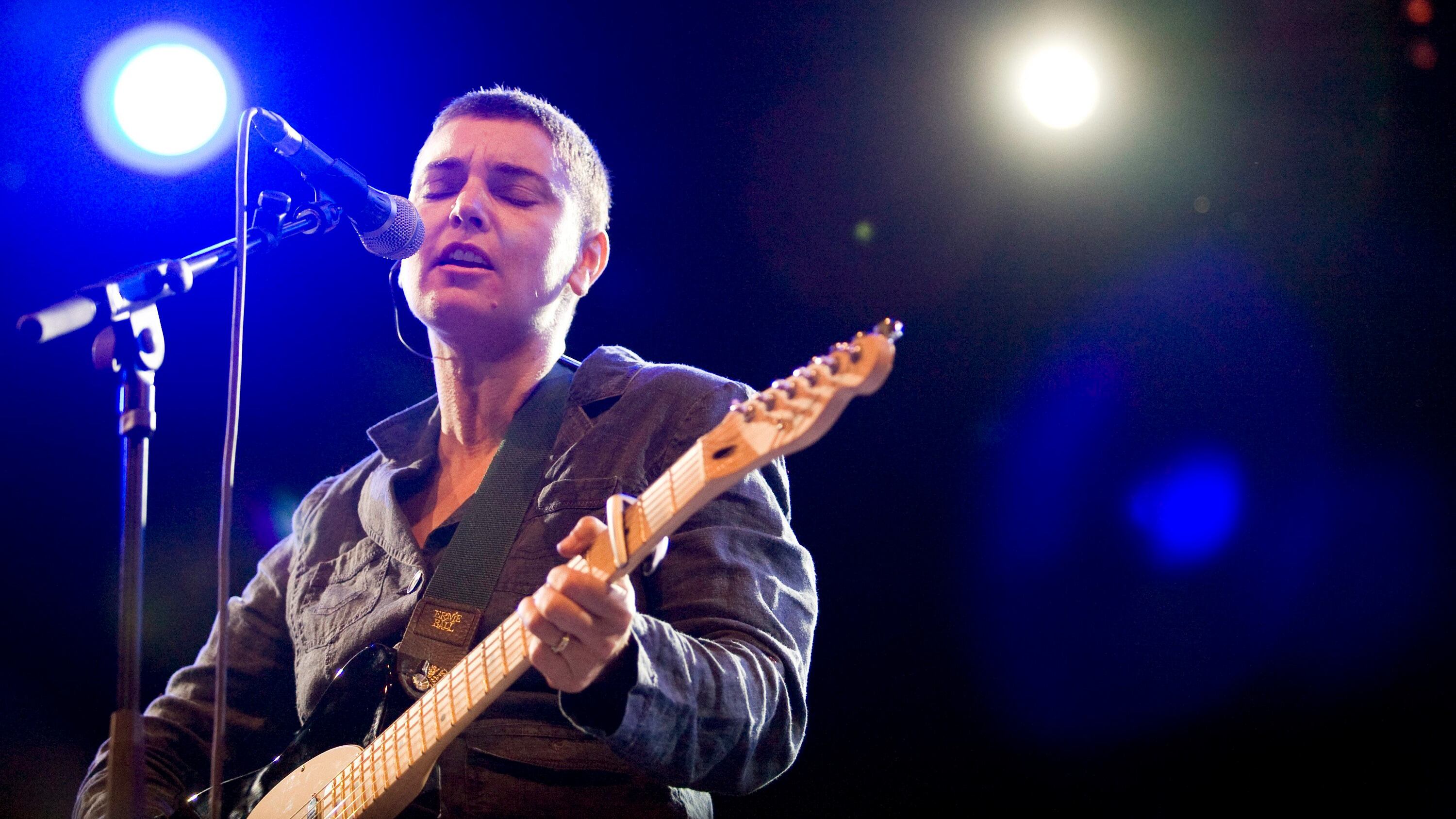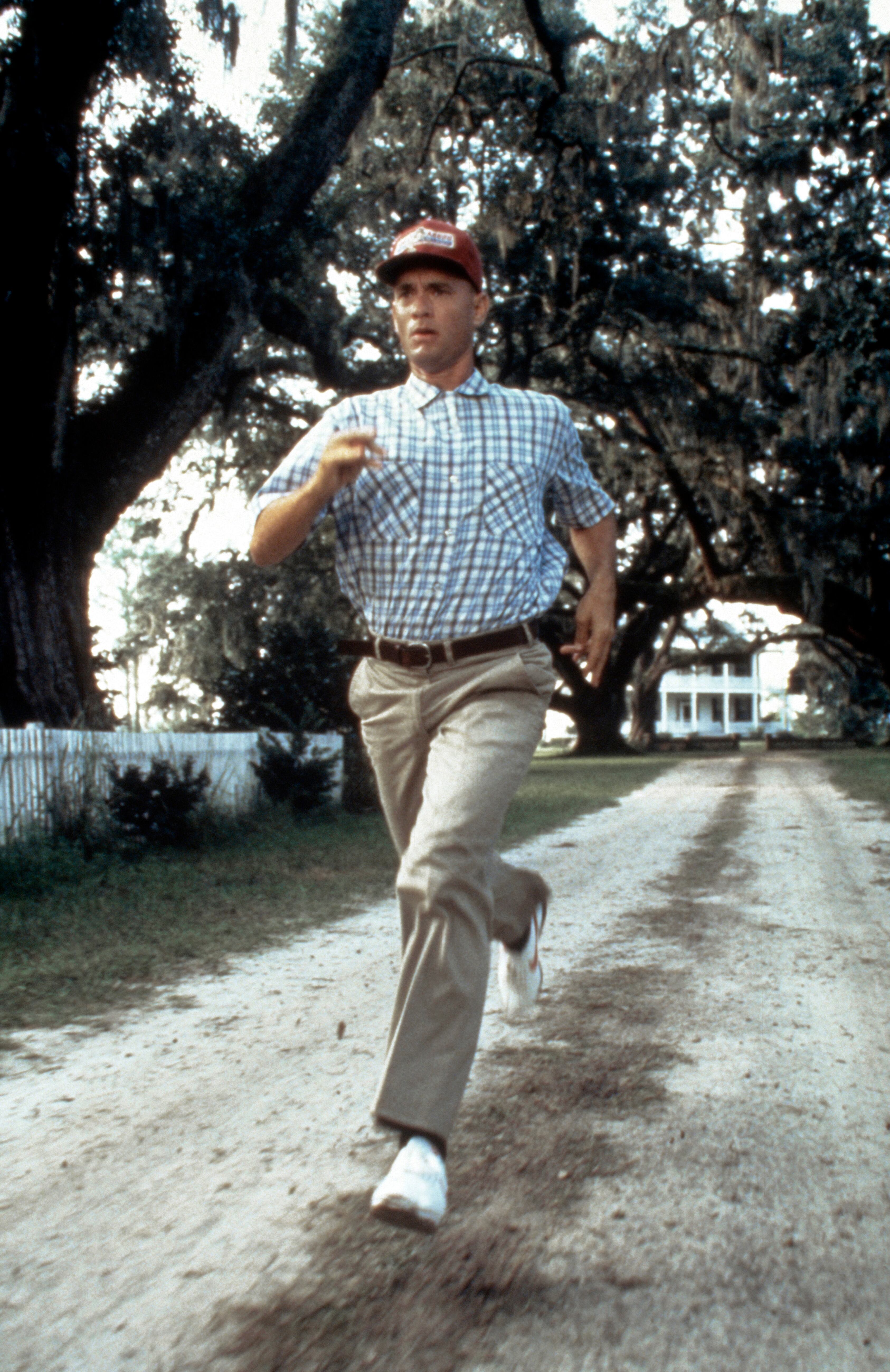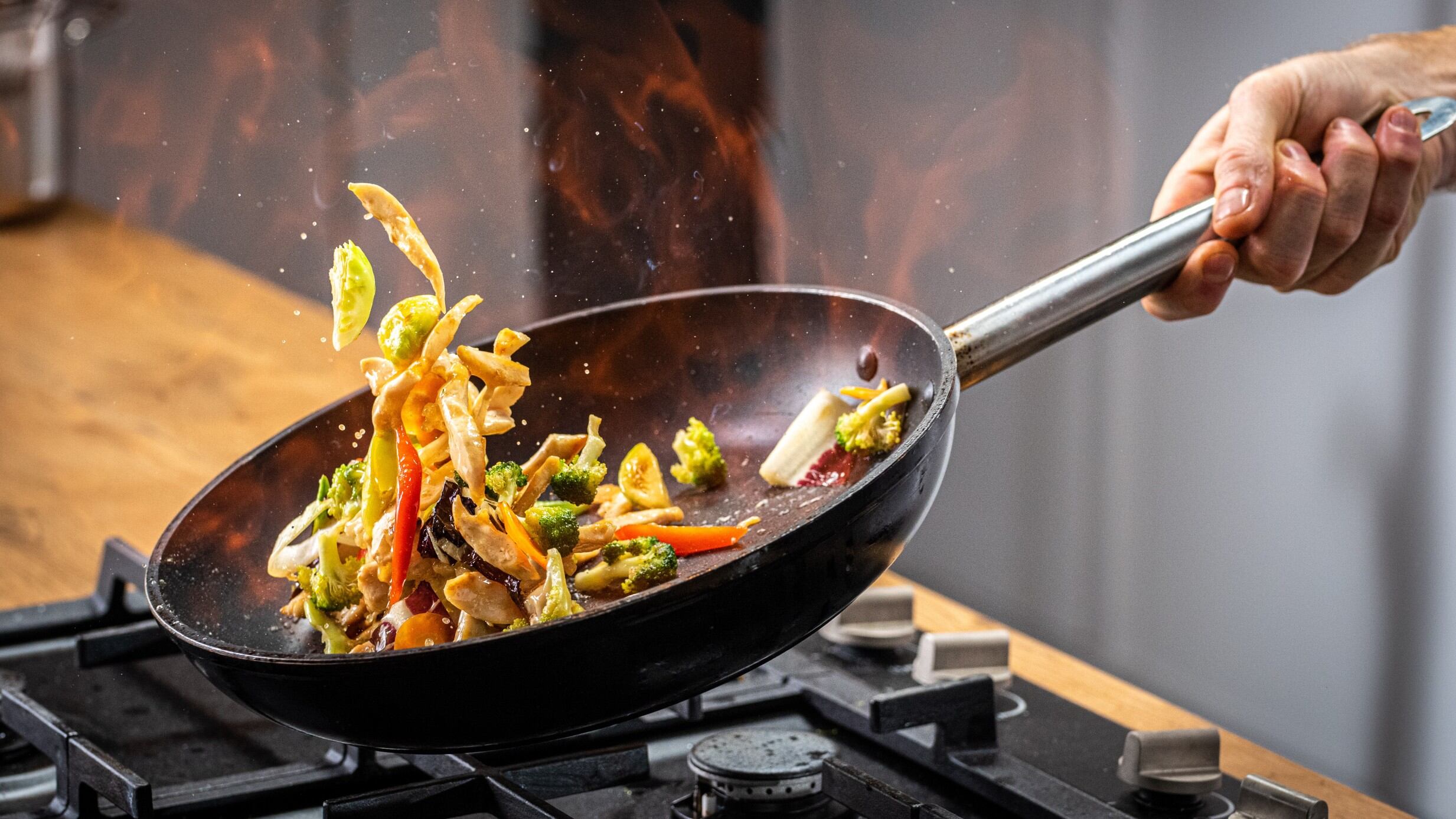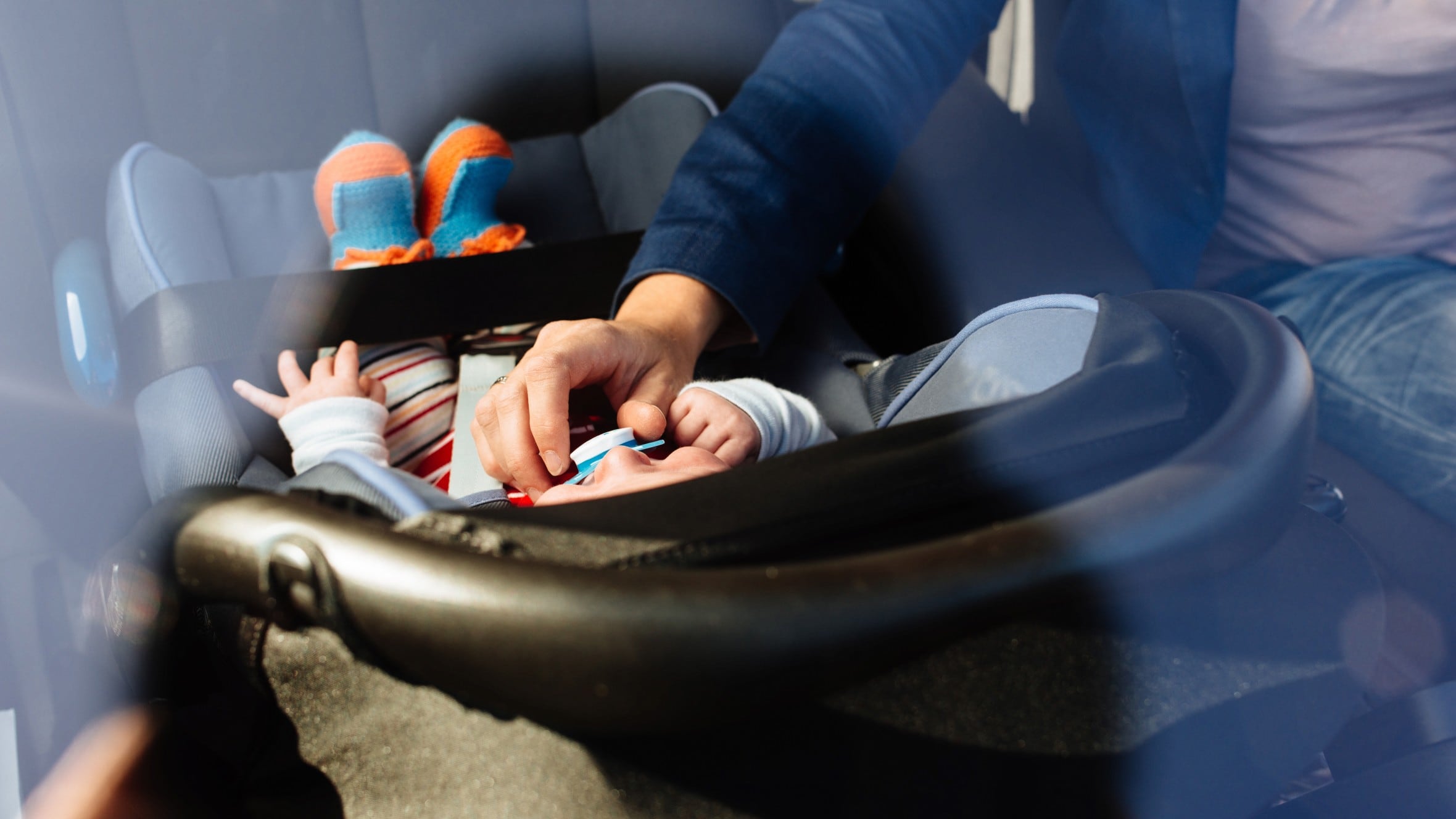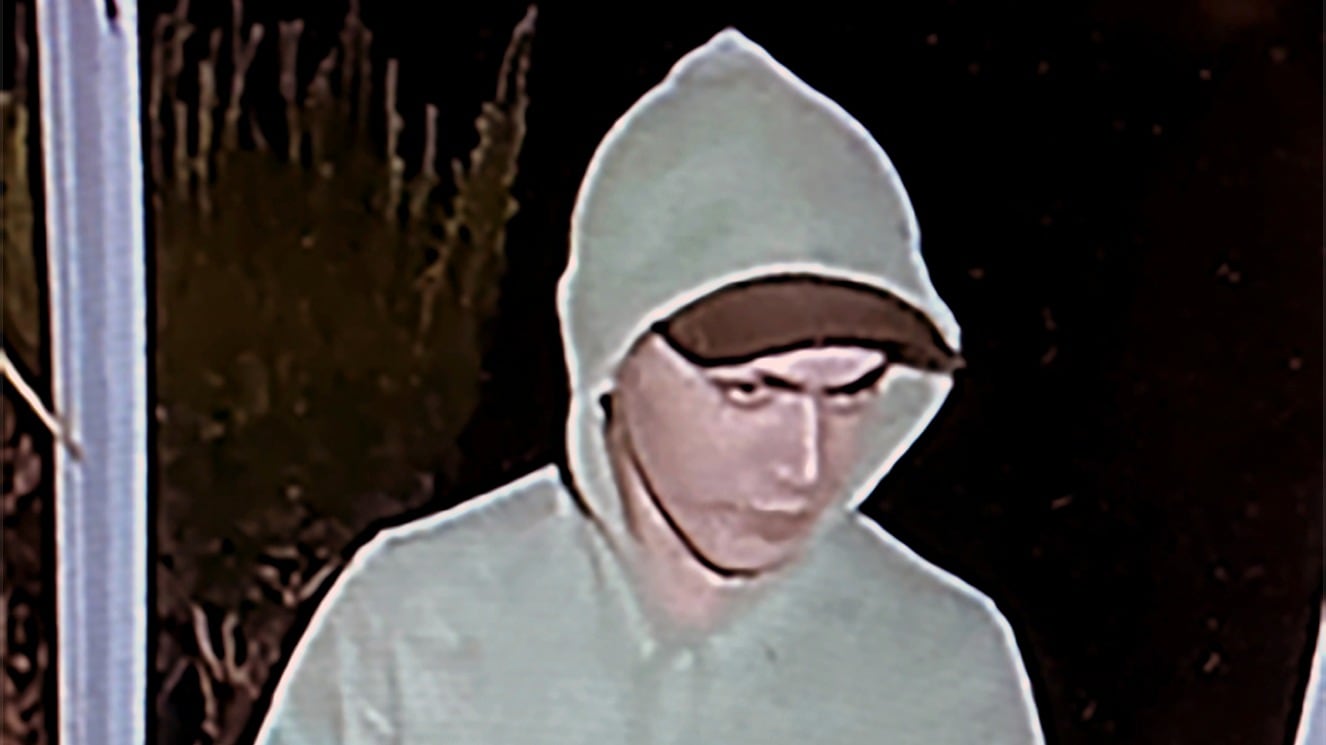By Sylvia Hui
Sinéad O’Connor, the gifted Irish singer-songwriter who became a superstar in her mid-20s but was known as much for her private struggles and provocative actions as for her fierce and expressive music, has died at 56.
“It is with great sadness that we announce the passing of our beloved Sinéad. Her family and friends are devastated and have requested privacy at this very difficult time,” the singer's family said in a statement reported Wednesday by the BBC and RTE. No cause was disclosed.
She was public about her mental illness, saying that she was diagnosed with bipolar disorder. O’Connor posted a Facebook video in 2017 from a New Jersey motel where she had been living, saying that she was staying alive for the sake of others and that if it were up to her, she’d be “gone.” When her teenage son Shane died by suicide in 2022, O’Connor tweeted there was “no point living without him” and was soon hospitalized.
Recognizable by her shaved head and elfin features, O’Connor began her career singing on the streets of Dublin and soon rose to international fame. She was a star from her 1987 debut album “The Lion and the Cobra” and became a sensation in 1990 with her cover of Prince’s ballad “Nothing Compares 2 U,” a seething, shattering performance that topped charts from Europe to Australia and was heightened by a promotional video featuring the gray-eyed O’Connor in intense close-up.
She was a lifelong non-conformist — she would say that she shaved her head in response to record executives pressuring her to be conventionally glamorous — but her political and cultural stances and troubled private life often overshadowed her music.
A critic of the Catholic Church well before allegations sexual abuse were widely reported, O’Connor made headlines in October 1992 when she tore up a photo of Pope John Paul II while appearing live on NBC’s “Saturday Night Live” and denounced the church as the enemy. The next week, Joe Pesci hosted “Saturday Night Live,” held up a repaired photo of the Pope and said that if he had been on the show with O’Connor he “would have gave her such a smack.” Days later, she appeared at an all-star tribute for Bob Dylan at Madison Square Garden and was immediately booed. She was supposed to sing Dylan’s “I Believe in You,” but switched to an a cappella version of Bob Marley’s “War,” which she had sung on “Saturday Night Live.”
Although consoled and encouraged on stage by her friend Kris Kristofferson, she left and broke down, and her performance was kept off the concert CD. (Years later, Kristofferson recorded “Sister Sinead,” for which he wrote “And maybe she’s crazy and maybe she ain’t/But so was Picasso and so were the saints.”)
She also feuded with Frank Sinatra over her refusal to allow the playing of “The Star-Spangled Banner” at one of her shows and accused Prince of physically threatening her. In 1989 she declared her support for the Irish Republican Army, a statement she retracted a year later. Around the same time, she skipped the Grammy ceremony, saying it was too commercialized.
In 1999, O’Connor caused uproar in Ireland when she became a priestess of the breakaway Latin Tridentine Church — a position that was not recognized by the mainstream Catholic Church. For many years, she called for a full investigation into the extent of the church’s role in concealing child abuse by clergy. In 2010, when Pope Benedict XVI apologized to Ireland to atone for decades of abuse, O’Connor condemned the apology for not going far enough and called for Catholics to boycott Mass until there was a full investigation into the Vatican’s role, which by 2018 was making international headlines.
“People assumed I didn't believe in God. That's not the case at all. I'm Catholic by birth and culture and would be the first at the church door if the Vatican offered sincere reconciliation,” she wrote in the Washington Post in 2010.
O'Connor announced in 2018 that she had converted to Islam and would be adopting the name Shuhada’ Davitt, later Shuhada Sadaqat — although she continued to use Sinéad O’Connor professionally.
“Her music was loved around the world and her talent was unmatched and beyond compare,” Irish Prime Minister Leo Varadkar said in a statement on social media.
O’Connor was born on Dec. 8, 1966. She had a difficult childhood, with a mother whom she alleged was abusive and encouraged her to shoplift. As a teenager she spent time in a church-sponsored institution for girls, where she said she washed priests’ clothes for no wages. But a nun gave O’Connor her first guitar, and soon she sang and performed on the streets of Dublin, her influences ranging from Dylan to Siouxsie and the Banshees.
Her performance with a local band caught the eye of a small record label, and, in 1987, O’Connor released “The Lion and the Cobra,” which sold hundreds of thousands of copies and featured the hit “Mandinka,” driven by a hard rock guitar riff and O’Connor’s piercing vocals. O’Connor, 20 years old and pregnant while making “Lion and the Cobra,” co-produced the album.
“I suppose I’ve got to say that music saved me,” she said in an interview with the Independent newspaper in 2013. “I didn’t have any other abilities, and there was no learning support for girls like me, not in Ireland at that time. It was either jail or music. I got lucky.”
“Nothing Compares 2 U” received three Grammy nominations and was the featured track off her acclaimed album “I Do Not Want What I Haven’t Got,” which helped lead Rolling Stone to name her Artist of the Year in 1991.
“She proved that a recording artist could refuse to compromise and still connect with millions of listeners hungry for music of substance,” the magazine declared.
O’Connor’s other musical credits included the albums “Universal Mother” and “Faith and Courage,” a cover of Cole Porter’s “You Do Something to Me” from the AIDS fundraising album “Red Hot + Blue” and backing vocals on Peter Gabriel’s “Blood of Eden.” She received eight Grammy nominations overall and in 1991 won for best alternative musical performance.
O’Connor announced she was retiring from music in 2003, but she continued to record new material. Her most recent album was “ I’m Not Bossy, I’m the Boss,” released in 2014 and she sang the theme song for Season 7 of “Outlander.”
The singer married four times; her union to drug counsellor Barry Herridge, in 2011, lasted just 16 days. O’Connor had four children: Jake, with her first husband John Reynolds; Roisin, with John Waters; Shane, with Donal Lunny; and Yeshua Bonadio, with Frank Bonadio.
In 2014, she said she was joining the Irish nationalist Sinn Fein party and called for its leaders to step aside so that a younger generation of activists could take over. She later withdrew her application.
EDITOR’S NOTE — This story includes discussion of suicide. The U.S. suicide and crisis lifeline is available by calling or texting 988. There is also an online chat at 988lifeline.org
